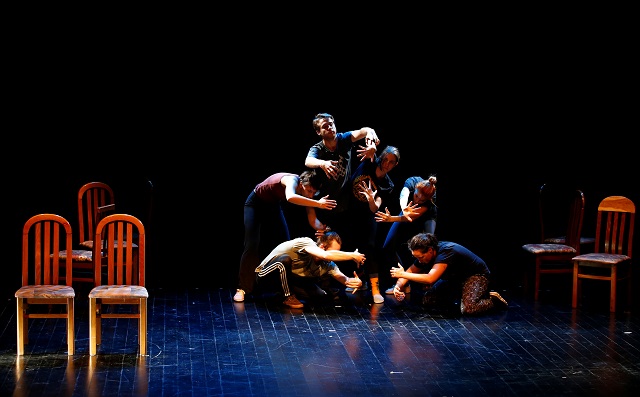
Nearly a quarter of a century after the devastating war in which about 100,000 Bosnians died, the stories of the children conceived through wartime rape remain mostly unspoken because of the stigma attached to rape victims and because children were not told of their origins.
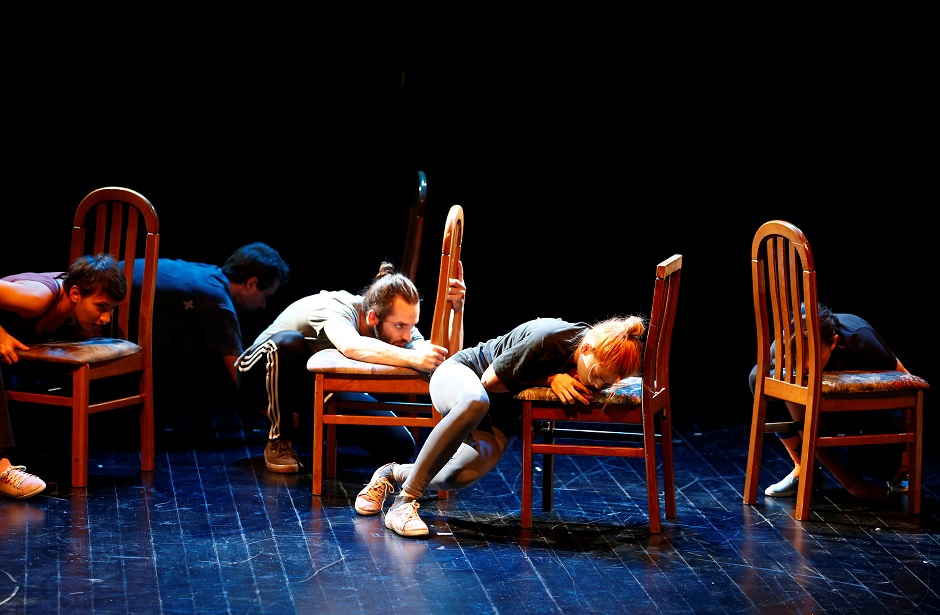 PHOTO: REUTERS
PHOTO: REUTERSBetween 25,000 and 50,000 women and girls are believed to have been raped by enemy soldiers during the Bosnian war, according to research by some non-government organisations.
Nobody knows for sure how many children were born as a result.
"I thought my mother hated me because I was the most horrible experience in her life," Jusic's voice states, during a performance of the play "In the Name of the Father", a joint Austrian-Bosnian production.
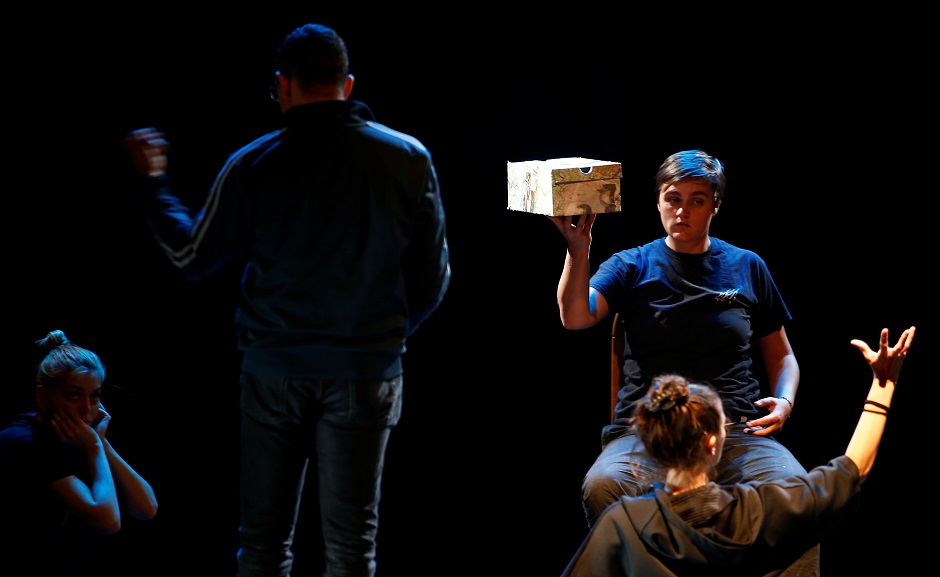 PHOTO: REUTERS
PHOTO: REUTERSSome rapes were also committed by foreign soldiers serving in Bosnia with United Nations peacekeeping forces.
Transgender people turning from victims to criminals
Rape was declared a "tool of warfare" by the United Nations war crimes tribunal for the former Yugoslavia (ICTY).
Jusic's mother was raped in 1993 by an enemy soldier in a small town in central Bosnia and sent by her parents to a shelter for victims of wartime sexual violence to give birth. There Jusic was registered as a child born of rape.
Muslim Bosniak Jusic does not want to reveal the ethnic background of her father. "There are no bad peoples, just bad individuals," she said. Today she chairs an association "Forgotten Children of War" set up specifically to help children born of rape.
"We are trying to show that rape is a trauma for everyone and cannot be looked at through an ethnic lens," she said.
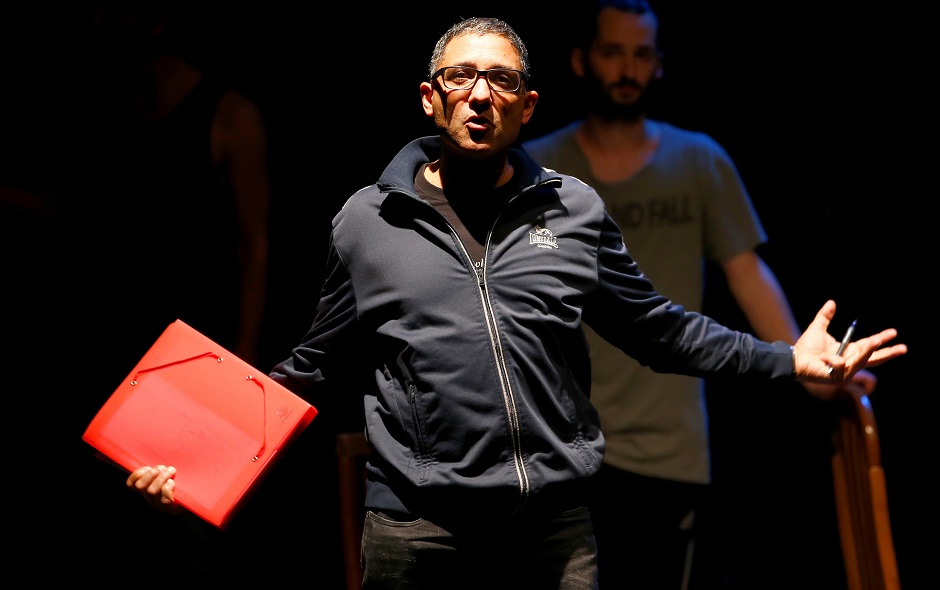 PHOTO: REUTERS
PHOTO: REUTERSChildren born of rape, most of who were left in orphanages where their origin was concealed from them, have become known in Bosnia as 'invisible children'.
In the play, the voices of the invisible children are heard from loudspeakers, as dancers express their feelings of fear, forced silence, shame, guilt and turmoil. One story tells of a child whose father was a UN peacekeeper.
"They need to break the silence and take a place at the table in society," said Darrel Toulon, the play's director. "We are using beauty to transcend the ugliness of the situation."
Art soothes trauma
Jusic, 26, discovered the truth of her origins at the age of 15. She kept the secret to herself for nine months before admitting it to her family and friends. Years of psycho-therapy followed.
'They rubbed salt into my wounds': Horrifying stories of torture in occupied Kashmir
Her life changed in 2015 when she joined the "Forgotten Children of War" association, which helped her confront her trauma, search for others born of rape and find the way to speak to the public through various art forms. "There was a need to know that I was not alone," she said in an interview.
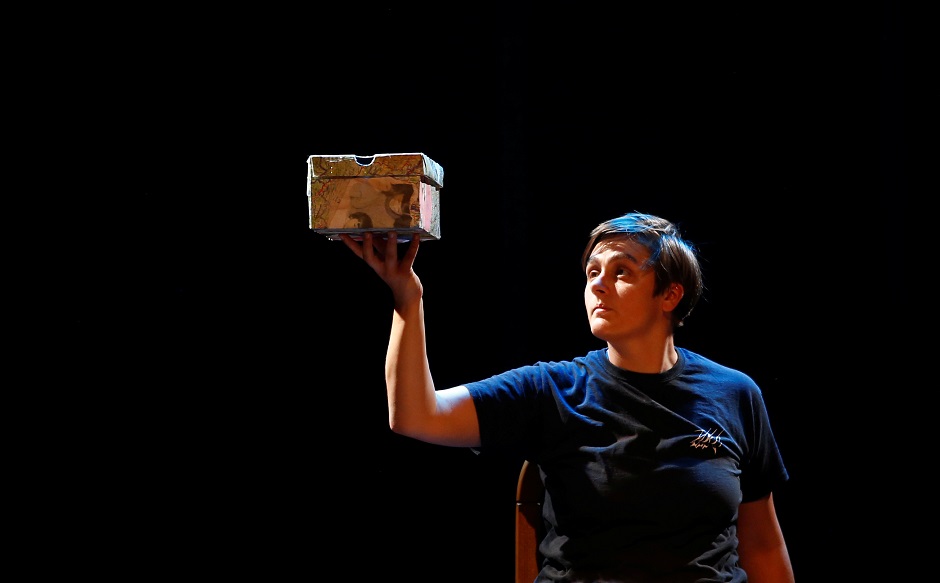 PHOTO: REUTERS
PHOTO: REUTERS"But the stigmatisation of raped women in our society makes it difficult to reach these children, because mothers are most often not ready to go public about their trauma." Jusic and her mother told their story publicly for the first time last year.
Since then, their story has inspired a documentary film, an exhibition of photo portraits of children and mothers, and the theatre play.
Jusic said art has helped the association she now chairs to establish direct contact with the public. Slowly the plight of rape victims is also starting to be addressed.
Earlier this year, the UN ordered Bosnia to compensate a Bosnian Muslim woman raped by a Bosnian Serb soldier during the war and to set up a nationwide war crimes reparation scheme.
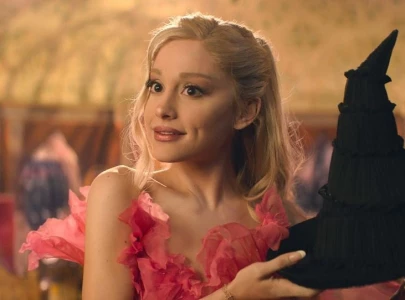




1732687571-0/Untitled-design-(2)1732687571-0-270x192.webp)











COMMENTS
Comments are moderated and generally will be posted if they are on-topic and not abusive.
For more information, please see our Comments FAQ